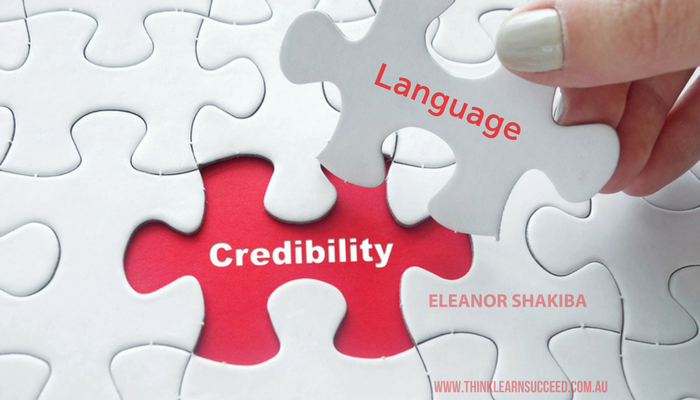
It’s a gripe I often hear in my Women in Leadership program. “My team doesn’t take me seriously.” “My boss doesn’t take me seriously.” “My colleagues don’t take me seriously.” Often this issue is expressed as a criticism of the other party. However, it’s usually a sign that the speaker needs to work on boosting her credibility. That, of course, is advice that’s usually offered with little thought given to how precisely it can be implemented. After all, credibility is an abstract concept. But to build it, a leader needs to take concrete action.
Doing this becomes easier when you understand the three basic components of credibility. Most dictionary definitions of credibility will mention trustworthiness and believability. To this list, I think we should add congruence, or the ability to be perceived as walking your talk. Let’s explore these three components of credibility, seeking methods of building each one.
Read more





 I was an experienced trainer when th
I was an experienced trainer when th

 Do you think of negotiation as a stress-inducing activity, or do you see it as fun? If you answered fun, you’re operating from the same mindset as a savvy negotiator. Savvy negotiators take pleasure in the art of communicating with their counterparts. They enjoy the to-and-fro of concession exchange. They’re also playful and creative in both their thinking and communication patterns. They enter what positive psychologists call a flow state. Being in this state vastly increases their negotiation effectiveness.
Do you think of negotiation as a stress-inducing activity, or do you see it as fun? If you answered fun, you’re operating from the same mindset as a savvy negotiator. Savvy negotiators take pleasure in the art of communicating with their counterparts. They enjoy the to-and-fro of concession exchange. They’re also playful and creative in both their thinking and communication patterns. They enter what positive psychologists call a flow state. Being in this state vastly increases their negotiation effectiveness. 
